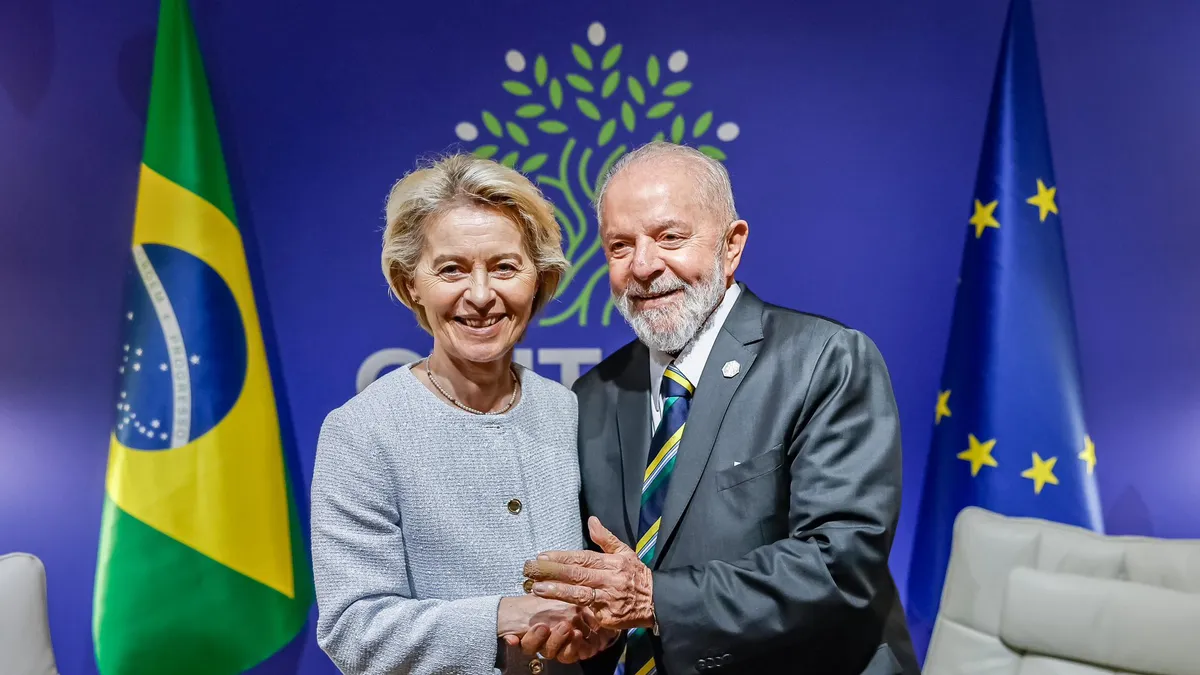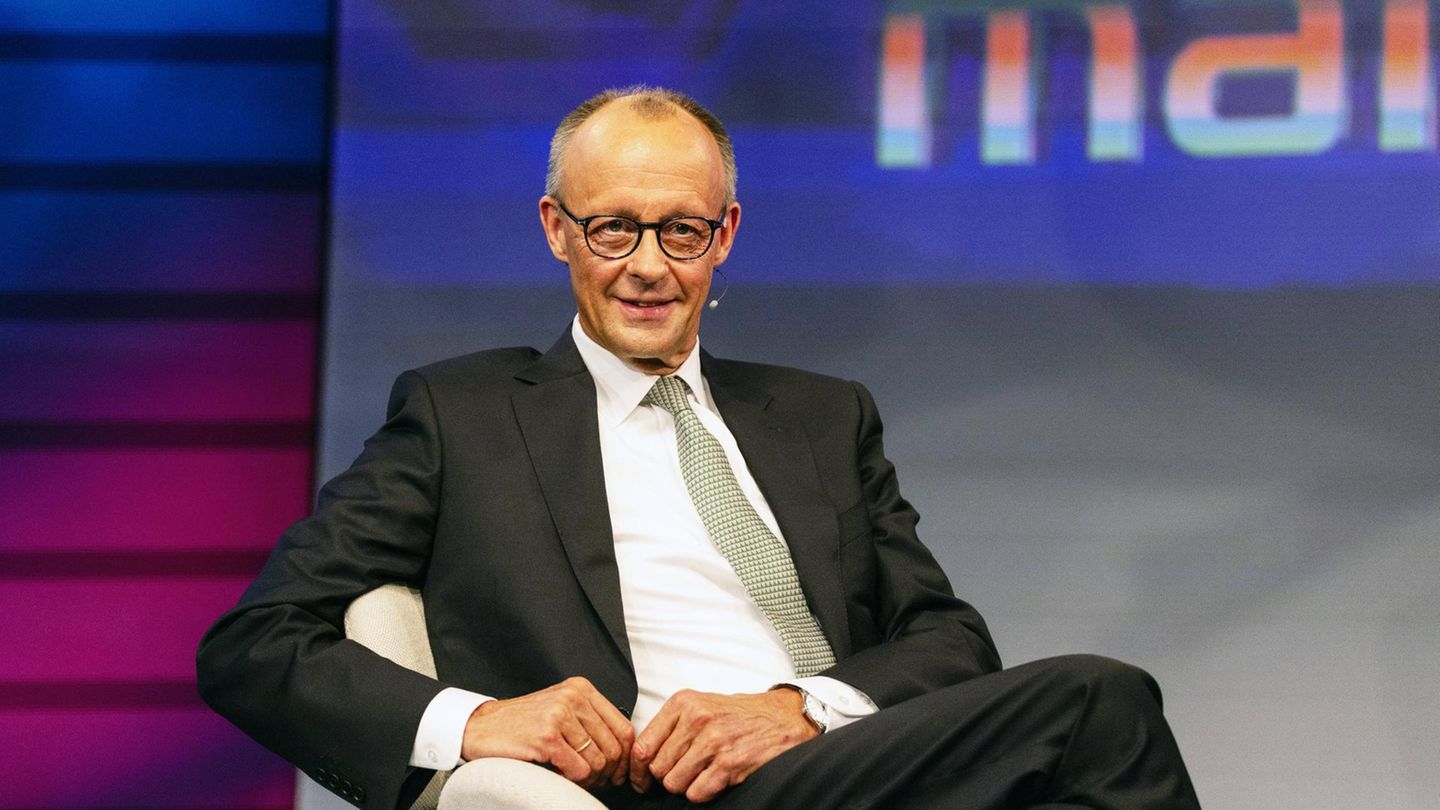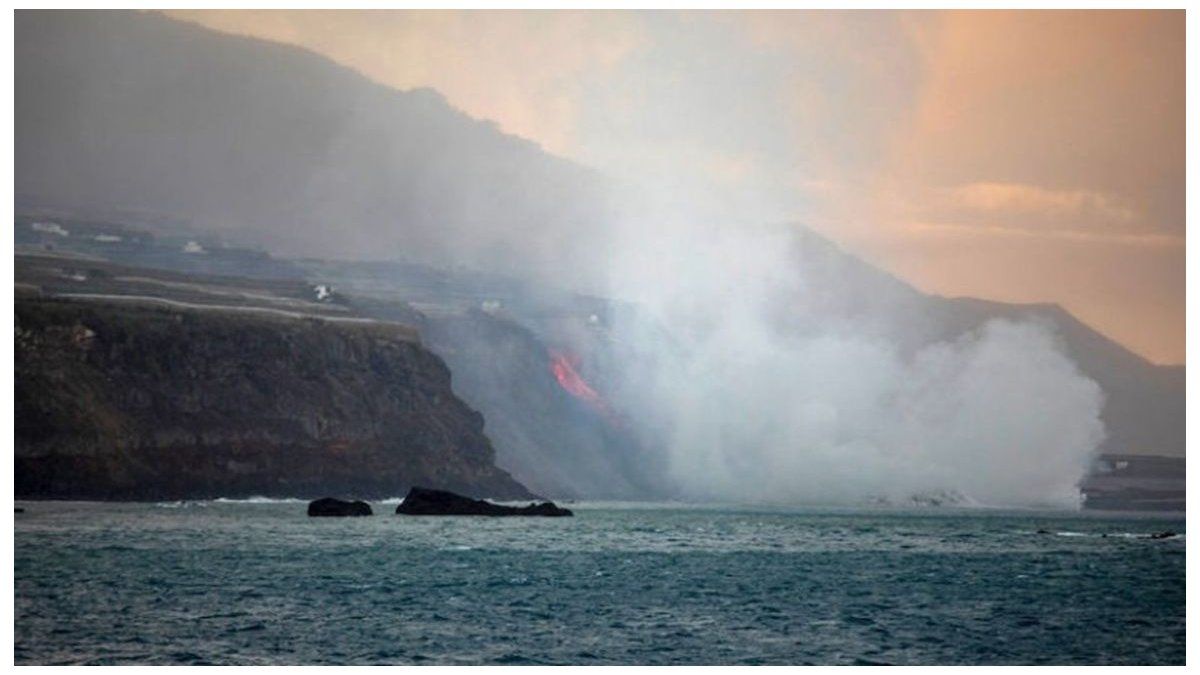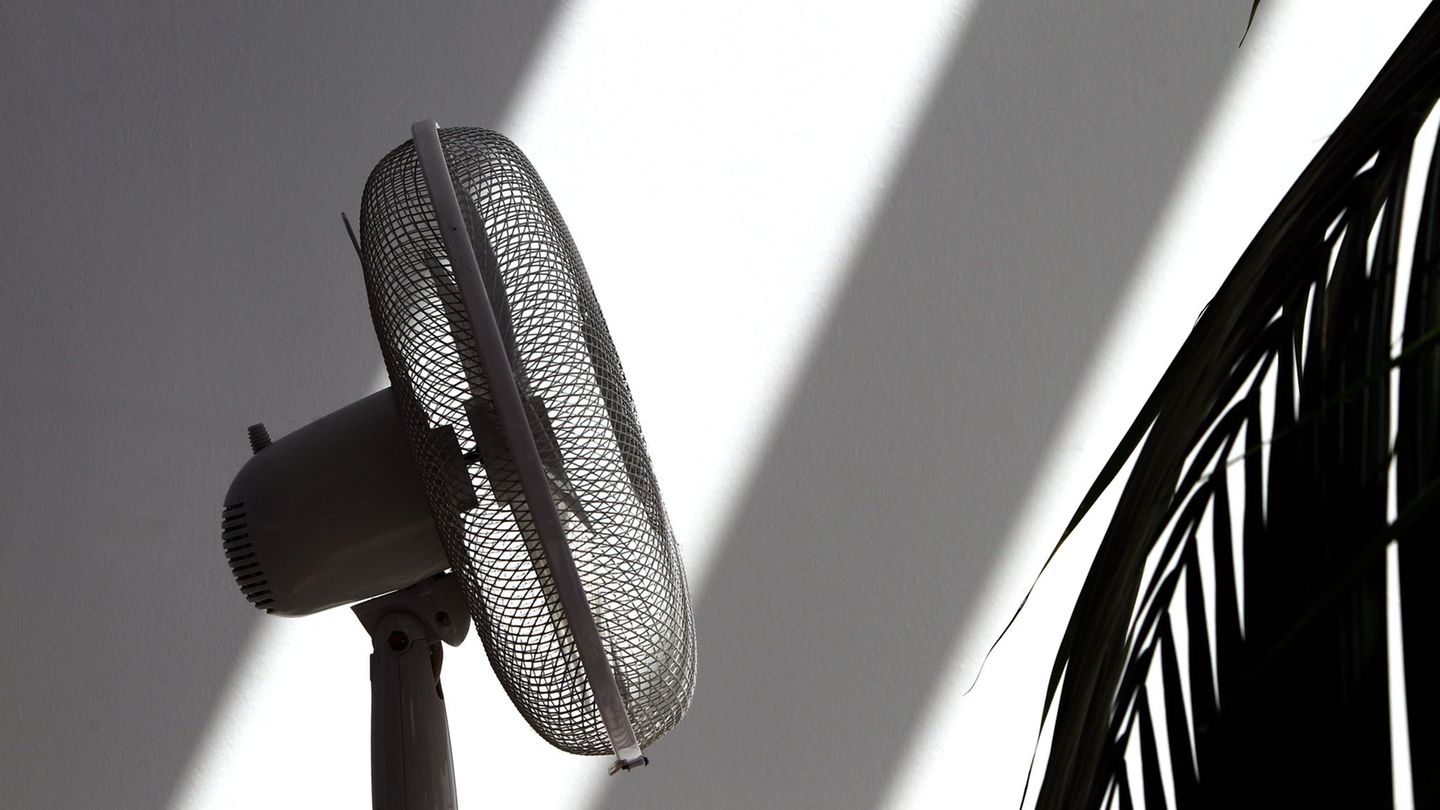He Mercosur-European Union (EU) agreement The negotiations are still trying to be finalised, with a new deadline set for the end of this year and with some diplomatic attempts to close the negotiations that have been going on for more than 20 years, renewed after the elections in the European bloc. In this regard, the negotiators of both multilateral organisations will meet in September in Brasilia, while the re-elected president of the European Commission Ursula von der Leyen I would travel to Rio de Janeiro in November.
Although many of the countries involved had already almost dashed any hope of closing the Mercosur-EU agreement —especially after the failure of negotiations in December last year—, there are still attempts to conclude the free trade agreement between the blocs. The fact is that the results of the European elections gave a little more room to continue the talks, while since then the EU has not yet reached a consensus. South America, Although they are already looking towards other global partners, they have not yet let go of the line of dialogue with the Old Continent.
For this reason, negotiators from both organizations will meet from September 4 to 6 in Brasilia, for the first time face to face since April, which increases the expectation that the agreement can be closed before the end of the year, as promised by von der Leyen and the president of the Brazil Luiz Inácio Lula de Silva.
“We will travel to Brasilia for a round of face-to-face negotiations from September 4 to 6,” a European diplomat told Reuters. “The end-of-year timetable for conclusion is realistic,” he said.
For its part, the Ministry of Foreign Affairs Brazil confirmed the dates of the meeting, although the positions of the foreign ministries of the two countries are not yet publicly known. Uruguay and Argentina. In any case, the position of both countries is to close the Mercosur-EU agreement to end a negotiation that had been too long.
One point to note is that the thorny issues on the table remain the same, including the European protection of the names of food products and the Brazilian opposition to a anti-deforestation law of the EU which will come into force next year and could affect its exports. But the European bloc continues to insist on the concretisation of the treaty, with the aim of opening new markets for its companies.
Meanwhile, Brazil wants to give a sense of continuity to the negotiations,” explained the director of the Institute of International Business of the Catholic University of Uruguay (UCU), Ignacio Bartesaghi. The reason would be fears that the Argentine president, Javier Milei, withdraw from the deal, although his government has supported the talks since taking office.
In this context, the trip to Rio de Janeiro in November by the President of the European Commission in the framework of the G20 serve to resolve last-minute issues with the Brazilian president.
Eyes on China
Meanwhile, August will be a key month for talks Mercosur-China, Uruguay’s main objective in the pro tempore presidency of the bloc. In this line, the arrival of the Chinese vice-chancellor Ma Zhaoxu to Montevideo It will be the first major step towards starting negotiations with the regional bloc as a whole, and no longer just the government of Luis Lacalle Pou.
The first time the president proposed broad dialogue was after returning from his diplomatic tour to Beijing, already requested by Xi Jinpingin December of last year; and the idea was well received by the Argentine government given the little progress regarding the agreement with the European Union (EU). “We are going to ask for a meeting of the heads of state of the Mercosur with the Chinese head of state. If not, the technical services of the Mercosur meet with China, because there hasn’t been a meeting for a long time. And it’s very important, China “He loves her,” he said then, with the intention of “getting the ball rolling.”
However, the different national situations, both in South American countries and in the Asian giant, delayed the progress of the talks.
Now, with Uruguay holding the pro tempore presidency of the bloc, this line of negotiation will be “one of the important flags,” as the foreign minister pointed out. Omar Paganini. And August could be the key month for this.
Source: Ambito




